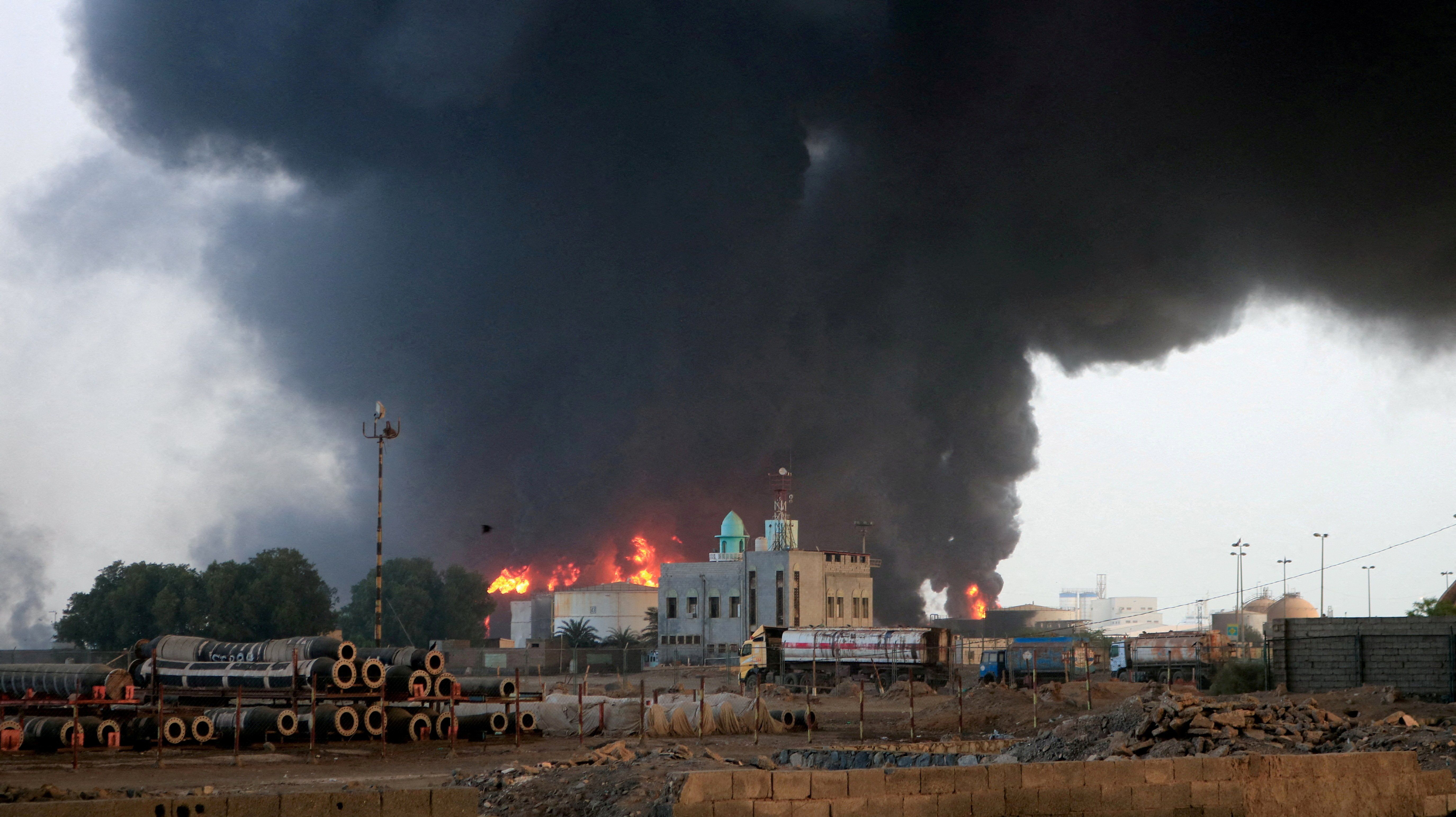In support of Palestinians now under fire in Gaza, Houthi rebels based in Yemen have attacked ships they say are affiliated with Israel in the Red Sea and have sent missiles and drones flying toward Israeli targets. Israel, with help from the US and neighboring Arab countries, has blocked most of those attacks.
But last Friday, the Houthis claimed credit for adrone attack on a Tel Aviv apartment building that killed one Israeli man and injured eight more. Israel responded with air strikes on the Houthi-controlled Red Sea port of Hodeidah in Yemen. Authorities there said the Israeli attack killed three civilians and injured 80.
The Biden administration has designated the Houthis a “Specially Designated Global Terrorist Group,” but has so far stopped short of the more serious label as a ”Global Terrorist Organization” for fear that automatically resulting sanctions would do little to deter the group but deepen the misery of Yemen’s large number of starving people.
There are several questions raised by this dramatic Israel-Houthi escalation.
- Will it distract Israel’s government from the more dangerous fights with Hamas in Gaza and Hezbollah in Lebanon?
- The Houthis claim the Saudis, who fought the Houthis in Yemen’s civil war, provided the Israeli strike with access to its airspace. Can the Saudis stay out of the conflict?
- How much damage will Iran allow their Houthi allies to sustain before they become directly involved?
- Will the attack on this crucial Yemeni port add to the humanitarian disaster inside Yemen?
Neither the Saudis nor Iran wants to get caught in a shooting war. And despite the escalation, the Israeli-Houthi fight will probably remain contained. But the stakes are high enough that no government in the region can afford to stop watching.
